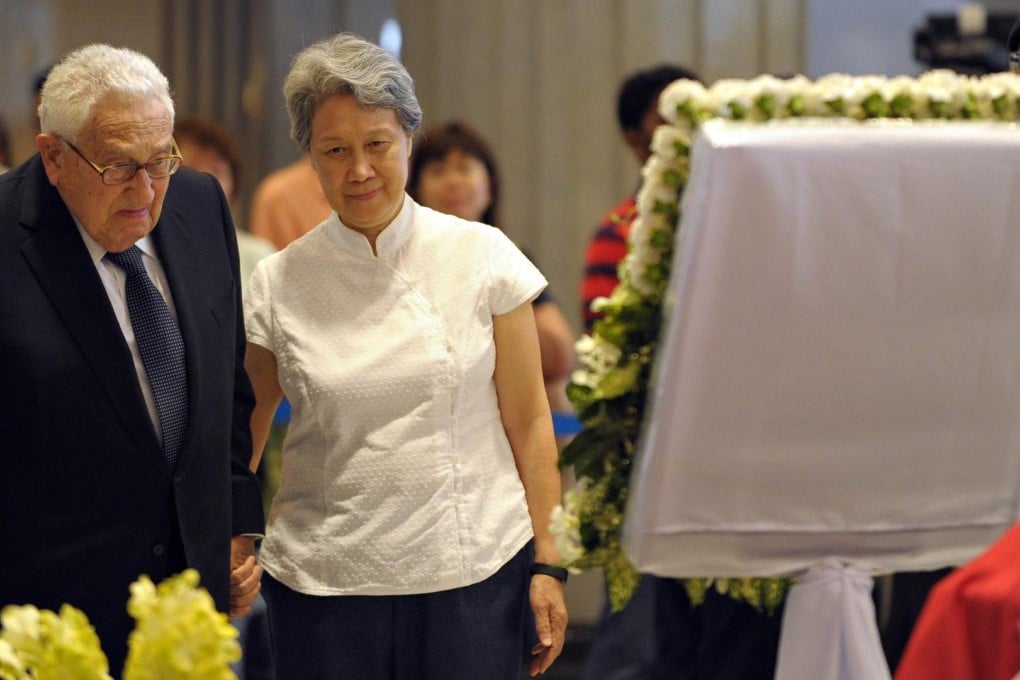Mass turnout expected for Lee Kuan Yew's state funeral
As Singapore prepares for state funeral, world leaders pay their tributes

After an emotionally charged week of mourning, hundreds of thousands in Singapore are expected to line the streets today to send off Lee Kuan Yew, their first prime minister.
His cortege will make a final journey of 15.4km en route to his state funeral, the procession passing by monuments he helped to build.
Yesterday, on the last day of his lying-in-state, several world and business leaders paid their respects, including Bhutan's King Jigme Khesar Namgyel Wangchuk, former US president Bill Clinton and former US secretary of state Henry Kissinger, who cried at the sight of the coffin.
Jack Ma Yun, the founder of Chinese online retail giant Alibaba, which has offices in Singapore, was also among those who went to Parliament House to bow before Lee's cortege.
In Hainan , at the opening session of the Boao Forum, President Xi Jinping paid tribute to Lee, noting that he was a respected strategist and politician who made significant contributions to foster communication and cooperation between Asia and the world.
Lee was a close friend of China, having visited the country at least 33 times in 37 years since 1976, and played an instrumental part in steering bilateral relations.